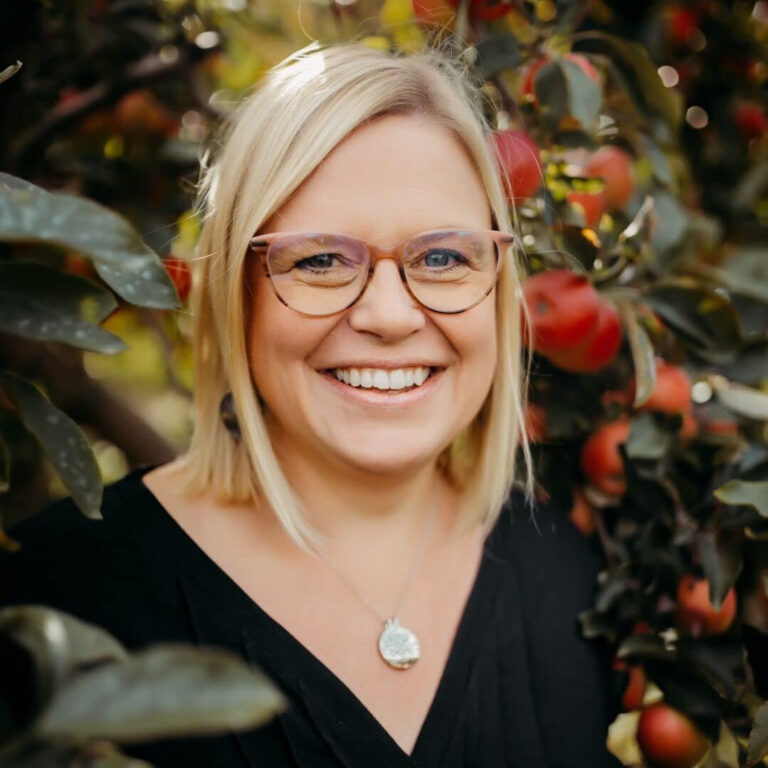“Be more specific,” I used to tell my writing students. “Don’t say cereal when you could say Cinnamon Toast Crunch. Don’t say your character walked into the room when you could say he sauntered in. Don’t say you were reading a book, say you were reading Charlotte’s Web or Goodnight Moon or The Grapes of Wrath. Specificity matters,” I’d tell them.
In addition to my day job working for a local school district, I am working on an MFA in Creative Writing. My homework assignments are uncomplicated in design: write, write, and write some more. Currently, I’m in the middle of a historical fiction, novel-in-verse project geared toward young adults.
My phenomenal mentor this semester proves that good feedback can feel like love. Over and over is that often she gives me the same advice I once gave to my 8th graders: get more specific. Was your character eating eggs or french toast? Was it dark on the early morning walk or was the sun just rising from the morning fog? What did the one-room schoolhouse look like?
While pondering how to get more specific in my own writing, I wondered how being specific would look beyond writing. When giving compliments, asking for forgiveness, giving directions, specificity is more than helpful; it’s attentive and kind. Specificity increases the value of our words because it increases the meaning behind them. Specificity is especially powerful when it comes to gratitude.
About seven years ago, shortly after my third son was born, I kept a gratitude journal. At the end of almost every day, I’d jot a few items of thankfulness in a journal I kept on my bedside table before going to sleep. It would have been a boring exercise if not for specificity — I wasn’t just thankful for food on the table, but the green tomatoes I fried, just like my Grandma taught me. I wasn’t thankful for wildflowers, but Queen Anne’s Lace and milkweed. I can look back now to see that it was a season of life when I appreciated antibiotics and ibuprofen during another ear infection, a full laundry room as a result of a weekend outside playing, and for whoever invented the crockpot.
This discipline, which I kept up for about a year, (why did I ever stop?) made me aware and awake in new ways. That particular phase of life is more vivid in my mind and memories than other spans of time that tend to grow vague with passing time. I was more mindful because I was seeking opportunities to be thankful.
I remembered specificity and gratitude last week while my 10-year-old was standing next to me in the kitchen, watching the cheese melt on tortilla chips through the microwave window. Turning to me, he said, “There is something so satisfying about watching cheese melt.” I laughed but was struck by his simple appreciation. This was the same boy, who at three years old, stopped me in my tracks on a busy morning when I was rushing to get everyone buckled in car seats and off to daycare to ask me to “stop and smell the worms.”
The magic of melting cheese prompted me to start again a list of small gratitudes: pockets in a dress, waiters who help me decide what to order, discovering a picture from my childhood that I’ve never seen before, sleeping with the windows open, beating the estimated time given by Google maps, watching teachers high five their students on their way into their classrooms in the morning.
Today is September 21. There are 68 days until Thanksgiving. I’m challenging you — and challenging myself — to practice recording specific gratitude until then. To keep a list that overflows so that we do, too.

